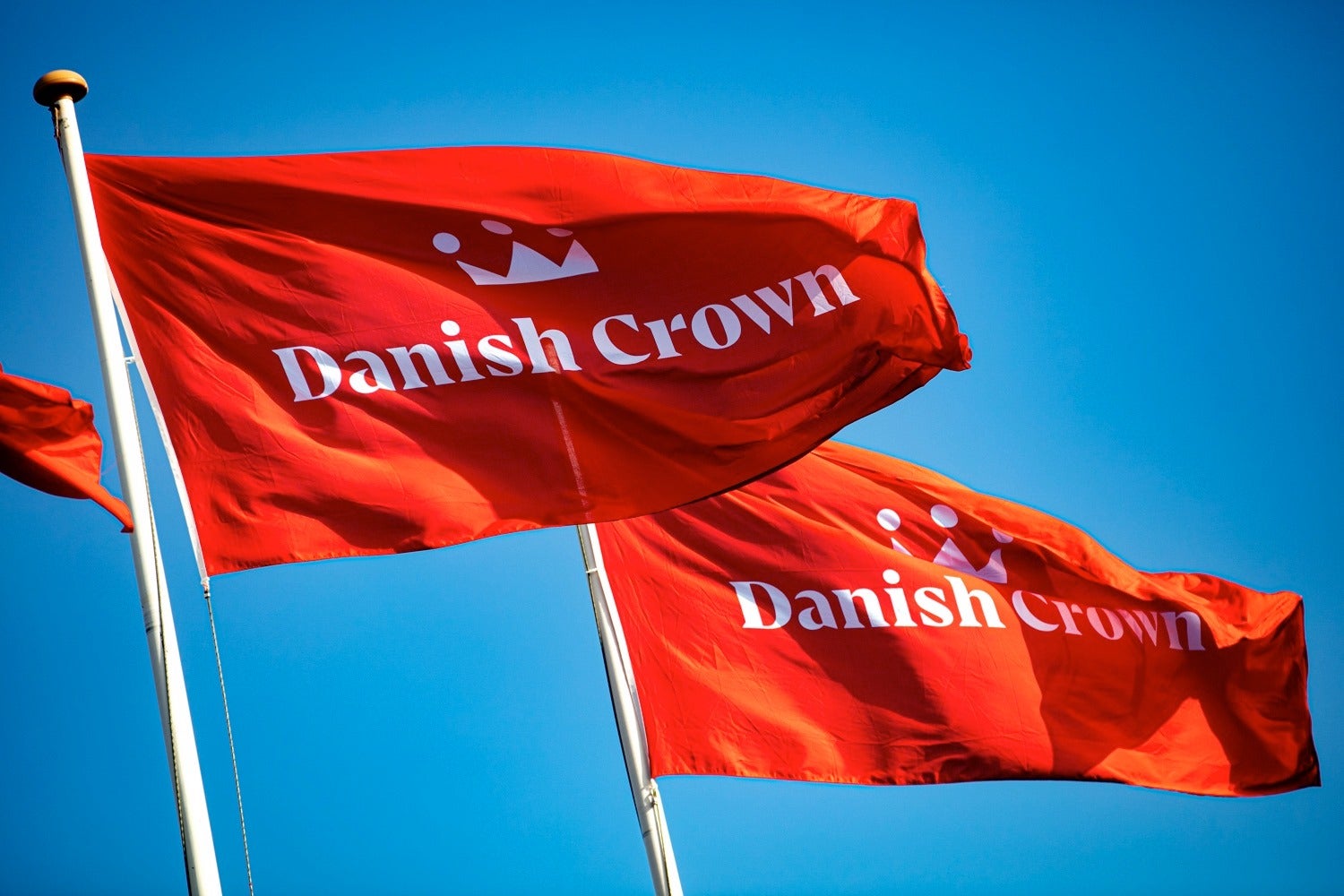
Danish Crown is turning to in-house patented automation to gain a competitive advantage over its meat peers.
The pork and beef processor in Randers, Denmark, has allocated 10% of its DKK2.2bn (US$311.9m) annual investment budget to increasing automation in its factories. Danish Crow said it plans to spend a total of DKK6bn on its “production apparatus” from 2022-26.
More than DKK1bn has been set aside for the “modernisation of the production apparatus” over the next year, including the construction of the recently announced new plant in the UK. Production at the facility in Rochdale, north-west England, is due to start in the second half of 2023 and the site will be capable of producing 900 tonnes of bacon and gammon a week.
“Danish Crown is really making its mark as a significant developer of automation. By developing the solutions ourselves and patenting them, we in Danish Crown will turn the automation agenda from challenge to competitive advantage,” the company said in a statement.
In August, the business applied for an equipment patent – its first in more than 20 years – in its home market and another is in process.
“Our foreign colleagues have a competitive advantage in the form of lower wage costs and we must make automation our competitive advantage,” Henrik Andersen , Danish Crown’s technical director, said. “We do this best by developing and patenting solutions for work tasks that can be solved just as well or better with technology, so that the employees are used where their expertise is best used.”
Other investments in the next 12 months include new “palletising” systems at the Danish factories in Vejle and Horsens.
Danish Crown is adamant that jobs will be created rather than lost through automating some processes. The company suggests automation will not “significantly affect the number of jobs, and the jobs that will disappear will be the very physically demanding jobs where the group already are under pressure from a high employee turnover”.
Andersen added: “We believe that in the long term, automation can strengthen our competitiveness, create growth and thereby new jobs. But we are also very clear that we would rather have eight workplaces where the employees’ expertise is at the forefront, than we have ten, where two of them are both tough on the employees’ physique and can be solved more effectively with technology.”
Finance chief Thomas Ahle described the investment as “huge” for a single year, geared toward creating a “better working environment”.
Just Food analysis, October 2022: How the meat industry is embracing automation
